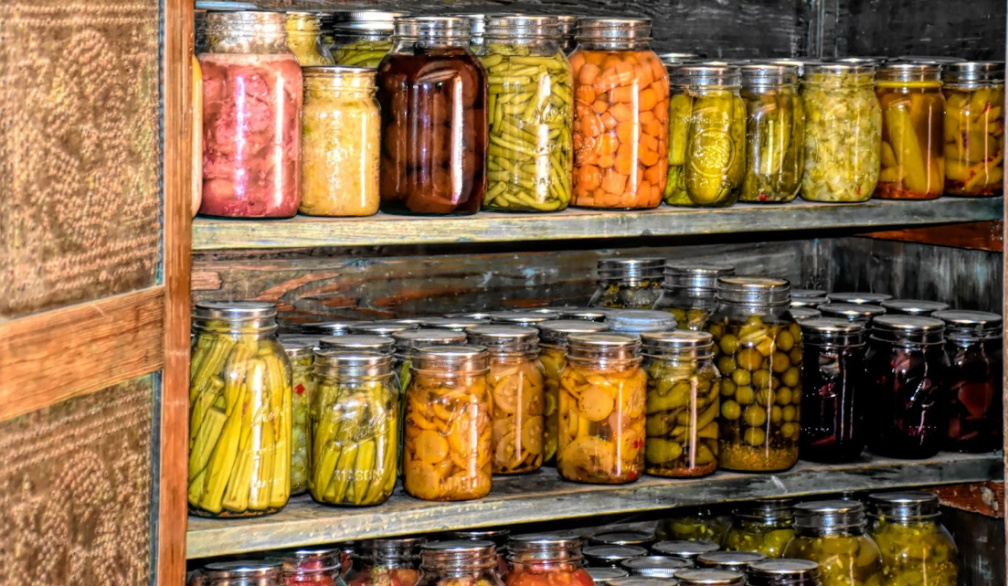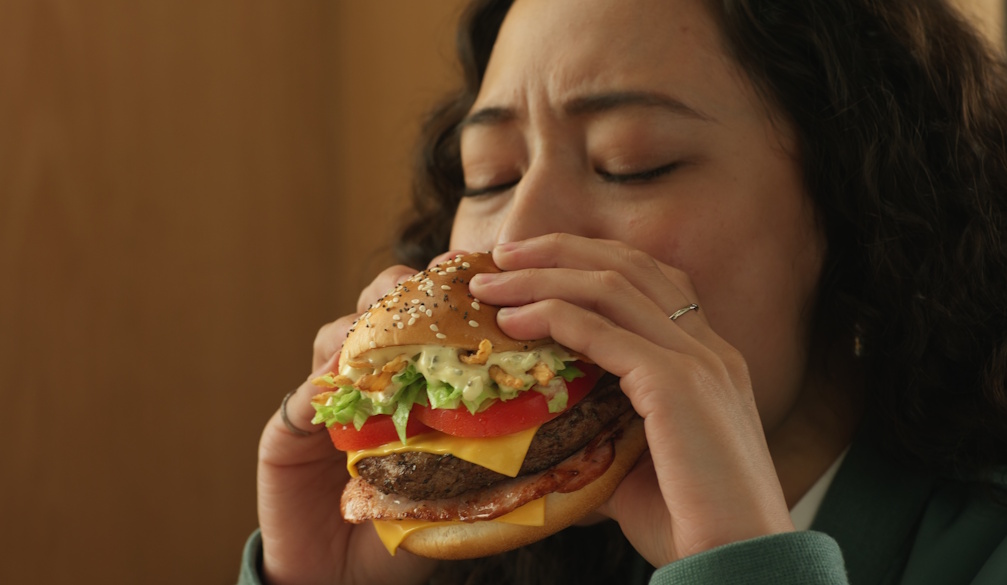Well-Kept Secrets: A Guide to Common Food Preservation Techniques
- Written by NewsServices.com

You might be familiar with some common forms of food that are produced using preservation techniques. Often, we do this for flavour but historically, food needed to be preserved to prepare for hard times. We often couldn’t freeze or cool food for it to last longer, and food accessibility wasn’t like it is now. Times were much more challenging, requiring some creativity in preservation methods.
Not only did we need to preserve food to last us through the winter, but an overabundance of harvested crops or an excess amount of meat from hunts may have inspired us to search for ways to make these last longer.
By learning the various methods and techniques of food preservation, you can make your stash last longer instead of relying on the supermarket for things like jam and beef jerky in Australia. These methods also produce unique varieties of food, so those with a more refined taste might appreciate the nuanced flavours that preserved cuisine can provide.
Why Does Food Spoil?
Before we get into the methods, it's good to understand how food spoils so we can comprehend why these methods work. Some of the reasons why food spoils are because of micro-organisms, enzymes, oxygen, pests and light.
Micro-organisms
When referring to micro-organisms, we generally talk about any bacteria, yeast or moulds that can grow on food. These feed on the products and produce waste, which fouls the food. Micro-organisms survive on oxygen and water, which is why you will notice that many preservation techniques may limit oxygen and use drying to help slow or eliminate the growth of micro-organisms. Also, note that freezing or refrigerating food won’t kill the micro-organisms; they will slow down the change but reactivate once exposed to higher temperatures.
Enzymes
Enzymes are the primary motivator of all-natural biochemical processes; life cannot exist without enzymes because they are essential components of almost every chemical reaction in foods. These chemicals are responsible for the ripening of fruits which is why green tomatoes can turn red even after they are picked. We can slow this process by limiting are and water and destroying enzymes using heat.
Oxygen
Most micro-organisms require oxygen to survive, and oxygen is also necessary for enzyme reactions to assist in breaking down food. Limiting oxygen will slow these processes down significantly. Aside from these reasons, oxygen also produces oxidation which causes food to break down. This is especially true in fatty foods; ever noticed how fast avocados break?
Light
One consideration that is much less common is the amount of light that reaches the food. The items of food can be exposed to light which causes further photodegradation. The foods much more sensitive to this are fats, proteins and vitamins. You likely won’t get sick, but the food will have lesser nutritional content.
Methods of Food Preservation
There are several methods we can utilise for preservation, and since there is so much on this topic, we likely won’t cover every single one. We will outline the most popular and accessible methods for you at home, and you can then explore your options.
Dehydrating
As we discussed earlier, moisture plays a significant role in the multiplication of micro-organisms and activating enzymes. If we dehydrate, we remove all the water from the food products. Dehydrating is a common way to preserve meat for beef jerky in Australia. Also, combining this with vacuum sealing, we release all oxygen which assists in making the food last for up to one year.
Canning
Canning is one of the most popular methods of preservation. When you go to the supermarket, you can see that many isles likely have canned food on the shelves. This method allows us to preserve the food in its natural state. The idea is to securely seal the items so that no microorganisms can enter the outside world and limited oxygen and air can get inside. We also tend to heat the food items before canning which kills any microorganisms that cause spoilage.
Fermentation
The fermentation process is the process of producing food through controlled enzymatic action and microbial growth. In other words, we care about controlling the natural breakdown of the foods so we can safely consume them. The most common way to do this is with traditional Lacto-fermentation, which utilises lactobacillus bacteria. The food is mixed with salt and water; the salt draws sugars out of the food, feeding these beneficial micro-organisms.
Curing
There are many ways to cure food. They usually involve salt, nitrates or sugar to draw the moisture out of the food. Another method is smoke curing; this involves smoking the food's outer later, making it hard for bacteria to penetrate the exterior later. This is by far one of the tastiest ways to preserve foods, as smoking tends to produce a unique flavour.
Key Take-Aways
We have highlighted the most common methods of storage, but there are many others we can utilise. If we understand the principles of food degradation, we can develop our wats or ideas on how to preserve foods properly. We can do these methods at home with some knowledge. If you have a culinary inclination, then feel free to make some unique recipes in the process. Enjoy and happy preserving.





















